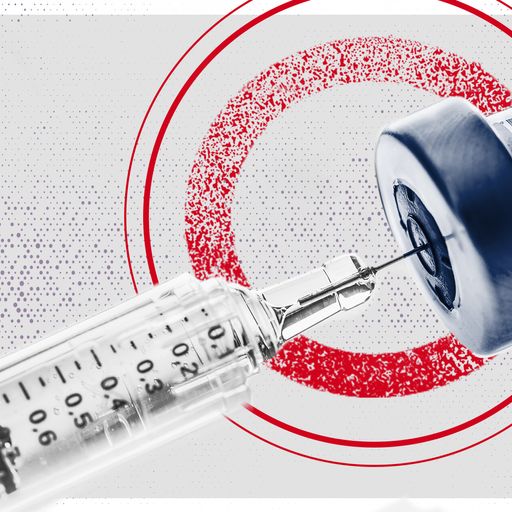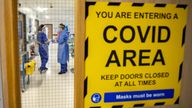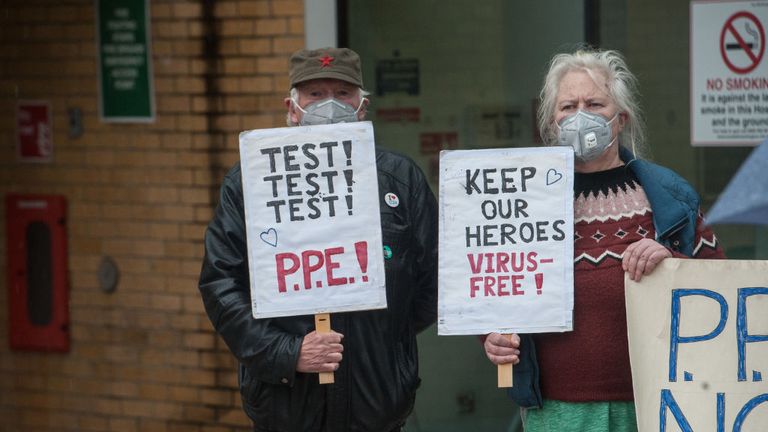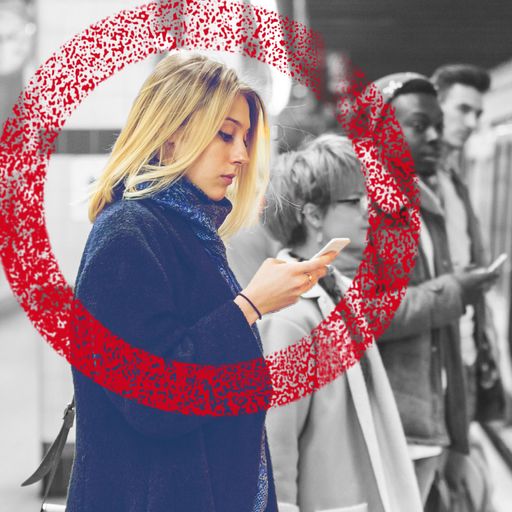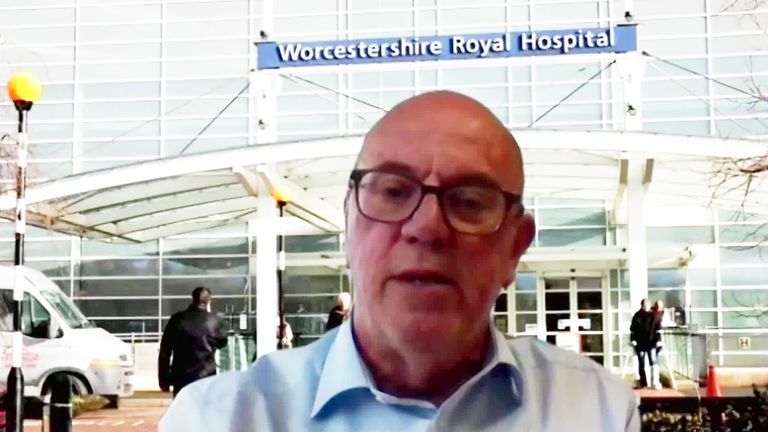Coronavirus: New tool will forecast how GP surgeries would cope with a second peak in cases
A new tool will be used to test how GP surgeries might react to a second coronavirus peak or further PPE shortages.
Thursday 30 April 2020 12:08, UK
The government will be able to test how GP surgeries might react to a second coronavirus peak or further PPE shortages thanks to a new forecasting tool being developed by the NHS, Sky News can reveal.
The local forecasting system, which is being developed by NHS innovation unit NHSX, uses thousands of health and social data feeds to model the impact of different COVID-19 scenarios, according to a person familiar with the project.
Whereas the models currently used by the Scientific Advisory Group for Emergencies (SAGE) are national and regional, Sky News understands that the new tool can make predictions about areas as small as 1,000 people.
This can be used to test how GP surgeries, local hospitals or hospital trusts would react to different scenarios created by SAGE and other scientific groups, enabling the government and the NHS to plan the response to the pandemic.
The person familiar with the project said the tool could be used for health service planning if the government decided to lift the lockdown region by region.
"You can do scenario modelling at a local level then that would give you the information to make local decisions," the person said.
"That doesn't mean people will be given the authority to make local decisions, but that local modelling is an innovation and a really important one when circumstances are so different in different parts of the country."
The tool, which is being built by London-based AI company Faculty, extends the capabilities of a new NHS "data store", which was unveiled last month.
Sky News revealed in March that NHSX had hired a number of companies - including Faculty, Amazon, Google and controversial Silicon Valley firm Palantir - to pull more than 1,000 data feeds from across the health and social care system into a single, secure location.
The data included the numbers and locations of beds and ventilators, A&E capacity, calls to NHS 111 and active NHS staff.
Since then, the data store has been adapted to track the number and location of personal protective equipment, or PPE, which has been in short supply across the health and social care system.
To make the local forecasting tool, the system was supplemented with census data from the Office for National Statistics, which shows the demographics of each local area.
Sky News understands that the tool, which will be made open source, is intended to be used after the pandemic as part of Health Secretary Matt Hancock's broader effort to reform the NHS's use of technology.
Professor Martin Marshall, chair of the Royal College of GPs, told Sky News that data sharing during the pandemic was "sensible", but called on the government to be more transparent, in particular about the impact on patients.
"It would be useful to have more detailed plans on how the new data project will work," he said.
"As we continue to engage with NHSX and NHS Digital during the COVID-19 outbreak, we're keen to ensure that the action being taken is purely for COVID-related planning and care."
"There must be a balance between providing the best care for patients while protecting their rights and expectations."
Unveiling the data store, Matthew Gould, CEO of NHSX, promised measures to maintain patient confidentiality, including strict rules over data protection and closing the data store once the pandemic was over.
Yet the person familiar with the project said even if the data was deleted, the tool could be employed by the health service to deal with ordinary demand.
"I think this is going to be the best planning tool that local hospitals have ever had and it could be used to model business as usual after COVID," they added.
The forecasting system has been based on modelling by Big Data Institute at the University of Oxford, which is leading the scientific work on the government's planned contact tracing app.
Faculty, whose co-founder Marc Warner's brother Ben carried out data analysis for the Leave campaign and now works in Downing Street, has been the subject of social media rumours about its connection to the app.
Asked whether Faculty had contributed to this project, a spokesperson for the Big Data Institute told Sky News that the firm had helped to make the scientific model open source, but had not been involved in any of the research.
They added: "The digital contact tracing modelling, epidemiological analysis and preparation of scientific evidence has been carried out by the team at Oxford University.
"Faculty has not been involved in this work, and has made no contribution to our work on simulating contact tracing."
Sky News revealed in March that the app is being built by Pivotal, a subsidiary of American tech company VMWare, a fact confirmed this week by Mr Gould to the Science and Technology Committee.


